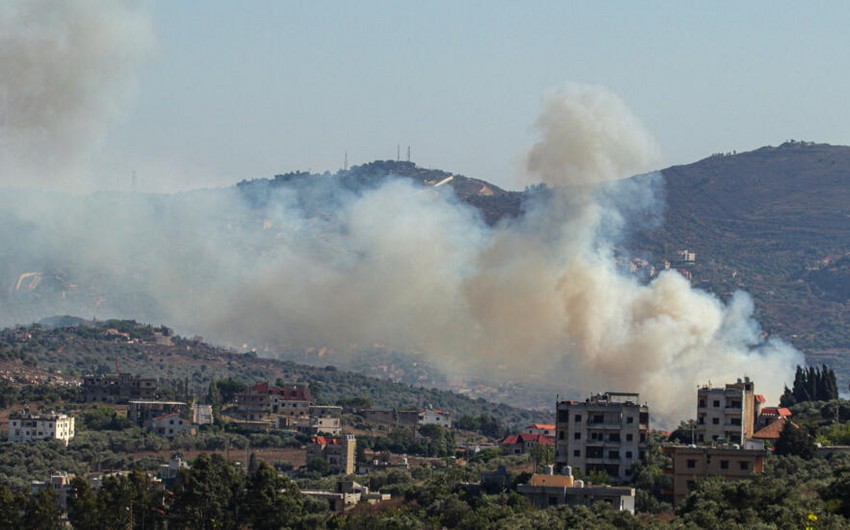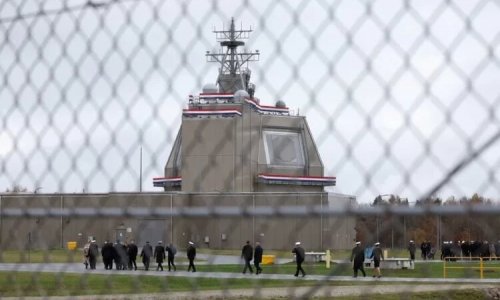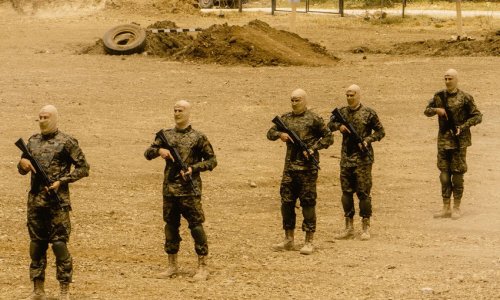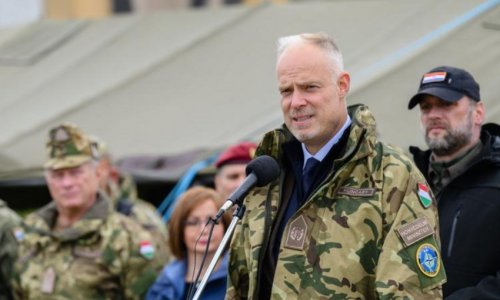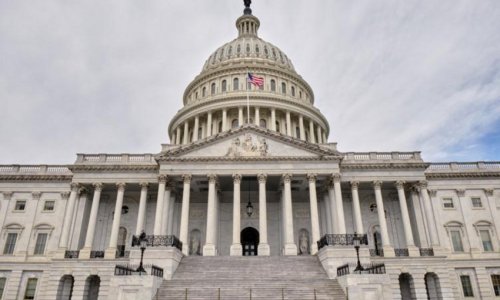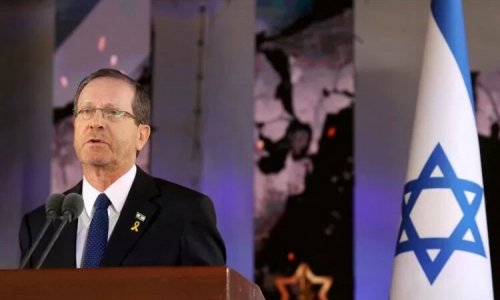The latest attacks come amid some of the heaviest cross-border exchanges of fire in almost a year of conflict, as Israel shifts its focus to its northern border, where Hezbollah has been firing rockets into Israel in support of its ally Hamas, which is fighting a war with Israel in Gaza.
"We are deepening our attacks in Lebanon, the actions will continue until we achieve our goal to return the northern residents safely to their homes," Israeli Defence Minister Yoav Gallant said in a video published by his office on Monday.
"These are days in which the Israeli public will have to show composure."
He was speaking after the Israeli military targeted Iran-backed Hezbollah in Lebanon's south, eastern Bekaa valley and northern region near Syria.
Lebanon's health ministry said at least 100 people had been killed, including women, children and medics, and more than 300 injured in Israel's strikes on Monday.
Israeli army spokesperson Avichay Adraee said in a post on X that so far, more than 300 Hezbollah targets have been struck after earlier warning that airstrikes on houses in Lebanon, in which "Hezbollah hid weapons" were imminent.
In response, Hezbollah said on Monday it had launched rockets at Israeli military posts.
The airstrikes have intensified pressure on Hezbollah, which last week suffered an attack its Secretary General Hassan Nasrallah called "unprecedented in the history” of the group, after thousands of pagers and walkie-talkies used by its members exploded.
The operation was widely blamed on Israel, which has not confirmed or denied responsibility.
In another major blow, an Israeli airstrike on Beirut's southern suburb on Friday targeted senior Hezbollah commanders killing 45 people, according to the Lebanese health ministry.
Hezbollah said 16 members of the group were among the dead, including senior leader Ibrahim Aqil and another commander, Ahmed Wahbi.
One person was slightly hurt by shrapnel from the latest rocket barrage at northern Israel, according to the Israeli ambulance service.
Imad Kreidieh, the head of Lebanese telecoms company Ogero, told Reuters on Monday that more than 80,000 automated calls asking people to evacuate their areas were detected on the network. Not all were answered.
Such calls were "psychological warfare to make havoc and chaos", he added.
On Monday, residents of southern Lebanon received calls from a Lebanese number ordering them to immediately distance themselves 1,000 metres (0.6 mile) from any post used by Hezbollah, a Reuters reporter in the south, who received the call, said.
Evacuation calls have been received on phones as far as the Lebanese capital, Beirut.
Lebanon's information minister Ziad Makary said his ministry had received a call ordering the building to evacuate, but said the ministry would do no such thing. "This is a psychological war," Makary told Reuters.
www.anews.az
Follow us !

